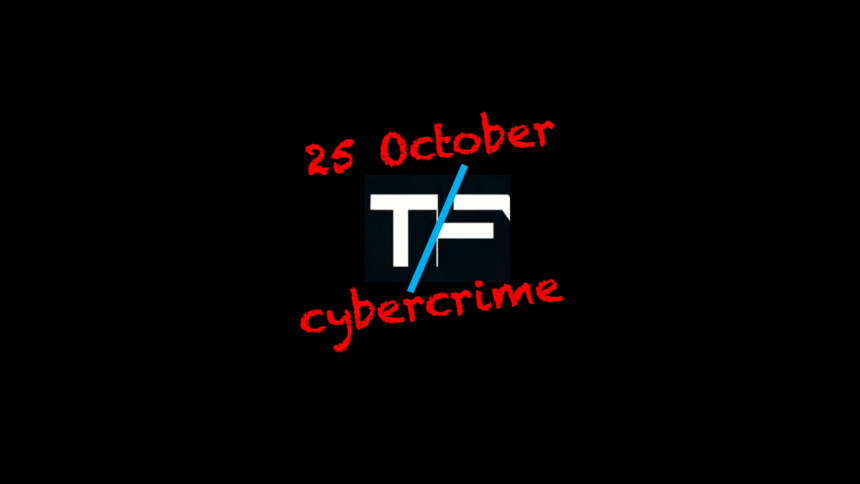This week’s cybercrime update brings alarming cybersecurity news from around the world, spanning global data breaches, critical vulnerabilities, and international espionage. From healthcare ransomware attacks to hacking attempts on political figures’ phones, these incidents are snapshots of ongoing risks and mitigations for digital security.
Here’s a look at some of the top stories impacting cybersecurity and privacy.
What’s Happening & Why This Matters
Google’s New AI Detection Tool to Counter Misinformation
Google has made its AI watermarking technology, SynthID Text, available to developers through the Responsible Generative AI Toolkit and Hugging Face. SynthID Text allows creators to embed invisible watermarks in AI-generated text, making it easier to identify and flag AI-generated content. This tool targets the rising concerns over AI-driven misinformation, with an approach that combines accuracy with subtlety. However, the tool does have limitations, as it’s less effective with shorter text and cannot fully prevent bad actors from manipulating AI content .
Samsung’s Exynos Chip Vulnerability and Urgent Patches
Google’s Threat Analysis Group revealed a severe vulnerability in specific Samsung Exynos chips, impacting devices like the Galaxy S10, Galaxy Note 10, Galaxy S20, and several Galaxy A series models. The flaw, a “use-after-free” memory issue, could let hackers execute arbitrary code remotely. Samsung has issued a high-priority security patch to address the flaw, urging users to update their devices as soon as possible to prevent potential exploits .
Massive Data Breach at UnitedHealth Affects 100 Million
In one of the largest healthcare breaches in recent years, data from over 100 million people was compromised following a ransomware attack on Change Healthcare, a UnitedHealth subsidiary. The breach exposed sensitive data such as Social Security numbers, medical records, and financial information. Hackers used the Citrix software flaw to infiltrate the system, and UnitedHealth reportedly paid two separate ransoms to prevent the data from being publicly leaked. Despite these measures, some data has already surfaced online. This incident not only compromised patient privacy but also halted critical healthcare services for weeks .
Chinese Hackers Allegedly Spy on U.S. Politicians’ Phones
Chinese state-sponsored hackers reportedly accessed Verizon’s telecommunications network to spy on U.S. political figures, including former President Donald Trump and his running mate, JD Vance. The hack involved a group known as Salt Typhon, which gained access to Verizon’s network infrastructure, enabling the hackers to eavesdrop on calls and potentially access internet traffic. The FBI is investigating the breach, which they attribute to China’s ongoing cyber-espionage efforts targeting U.S. communication networks .
School Districts Win Legal Battle Over Tech Addiction
A federal judge ruled that school districts across 19 states can proceed with lawsuits against Meta, Google, TikTok, and Snap, holding them accountable for their apps’ addictive designs that allegedly contribute to mental health issues among students. The schools argue that features like endless scrolling and targeted algorithms are designed to keep young users engaged, leading to tech addiction. This ruling represents a critical step in addressing the mental health impact of social media, and it places increased pressure on tech companies to implement more robust safety measures for minors .
TF Summary: What’s Next
The reported cyber events present that growing sophistication of cyber threats and the far-reaching impacts of digital security failures. As companies race to secure their platforms, regulatory pressures and public demand for privacy are only intensifying. The stakes are high, and industries across the board are adapting quickly to safeguard systems and sensitive information.
— Text-to-Speech (TTS) provided by gspeech


